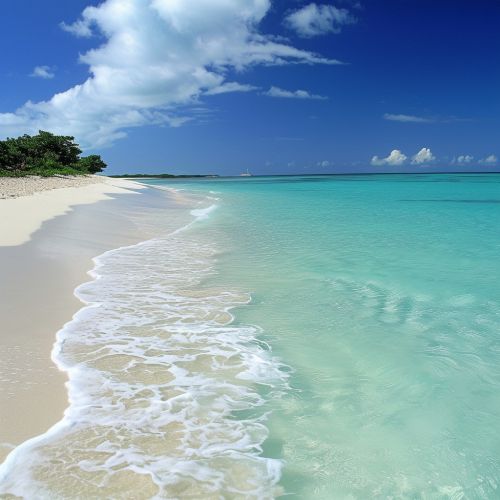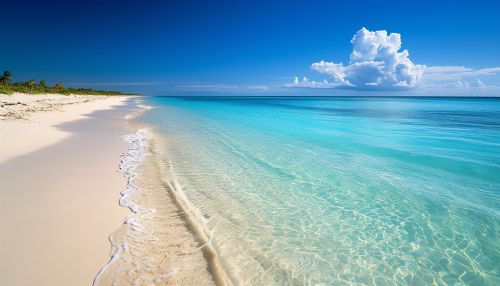History of the Caribbean
Early History
The Caribbean region, known for its tropical climate and vibrant cultures, has a rich and complex history that dates back thousands of years. The first known inhabitants of the Caribbean were the Arawak people, who migrated from South America around 4000 BC. They were followed by the Carib people, who arrived in the region around 1200 AD.
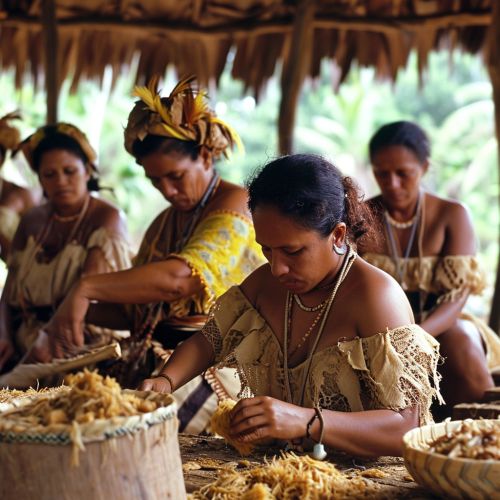
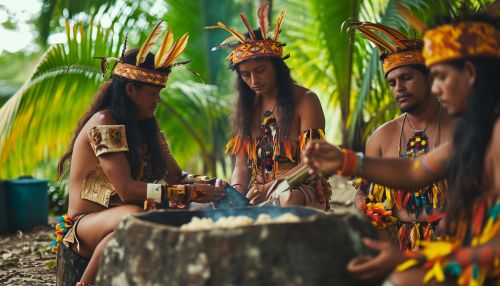
The Arawak and Carib cultures were distinct, with the Arawak being more peaceful and the Carib known for their warrior culture. Both groups had complex social structures, with chiefs and shamans playing important roles in their societies. They also had advanced agricultural systems, growing crops like maize, beans, and cassava.
European Discovery and Colonization
The history of the Caribbean changed dramatically in the late 15th century with the arrival of Christopher Columbus. Columbus, an Italian explorer sailing under the Spanish flag, first landed in the Caribbean in 1492. This marked the beginning of the Age of Discovery, a period of extensive European exploration and colonization.
The Spanish were the first to establish colonies in the Caribbean, starting with the settlement of Santo Domingo on the island of Hispaniola in 1496. Other European powers, including the British, French, and Dutch, soon followed suit. The colonization process was brutal for the indigenous people, who were subjected to violence, disease, and forced labor.
The Sugar Revolution
The 17th century marked a significant shift in the Caribbean economy with the introduction of sugar cane from Brazil. This led to the Sugar Revolution, a period of rapid economic growth fueled by the sugar industry. Sugar plantations became the backbone of the Caribbean economy, leading to an increased demand for labor.
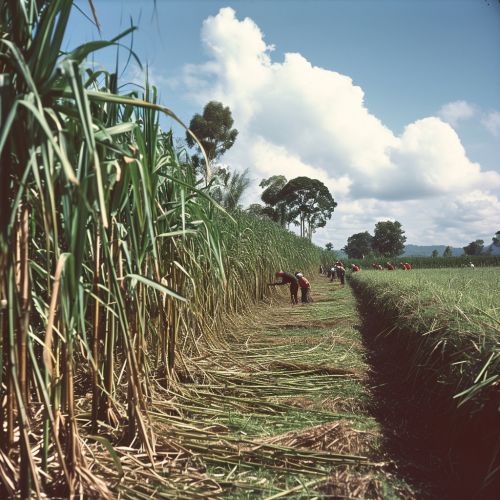
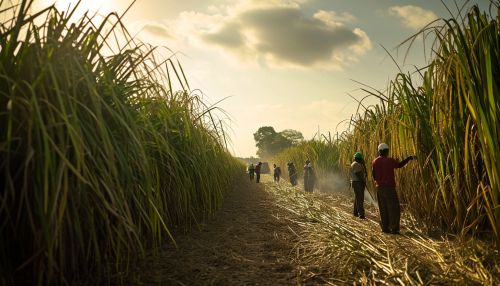
The labor-intensive nature of sugar cultivation led to the widespread use of enslaved Africans in the Caribbean. The Transatlantic Slave Trade became a major aspect of Caribbean history, with millions of Africans forcibly brought to the region to work on the plantations. This had profound social and cultural impacts, contributing to the diverse and multicultural nature of the Caribbean today.
Independence Movements
The 19th and 20th centuries saw a wave of independence movements across the Caribbean. The Haitian Revolution, which began in 1791, was the first successful slave revolt in the Americas, leading to the establishment of the independent nation of Haiti in 1804.
Other Caribbean nations gradually gained independence throughout the 20th century, often through peaceful negotiations with their colonial powers. Today, most Caribbean nations are independent, although some remain territories of foreign nations.
Modern Caribbean
The modern Caribbean is a diverse region, with a mix of cultures, languages, and traditions. The legacy of colonialism and slavery is still evident, but the region has also forged its own unique identity. Tourism is a major industry in the Caribbean, with the region's beautiful beaches, vibrant cultures, and warm climate attracting visitors from around the world.
